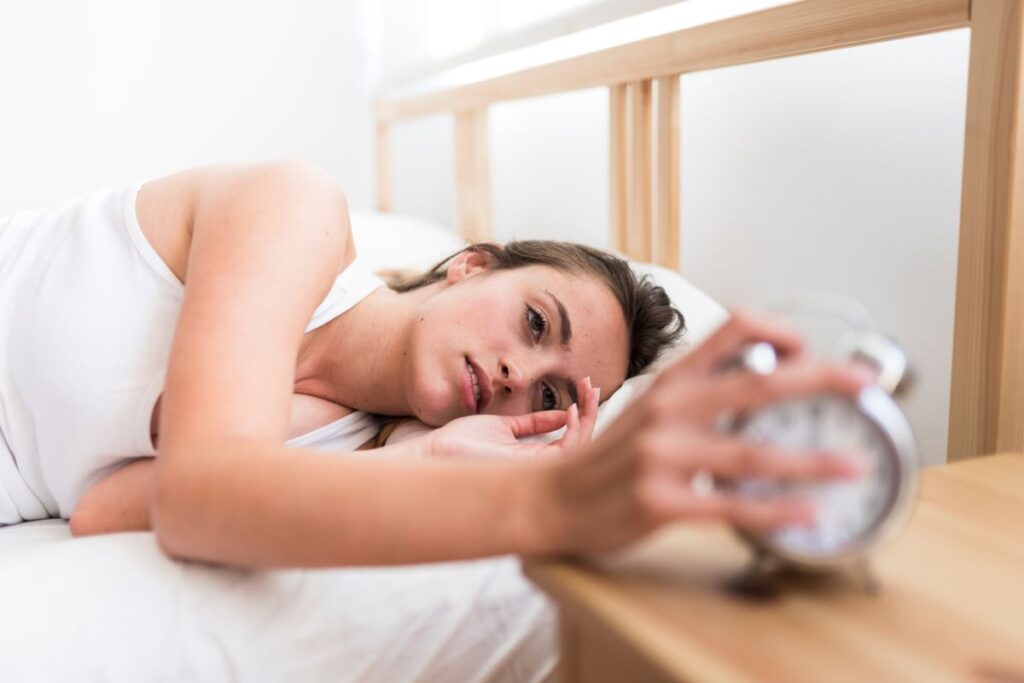Early risers swear by the 5 AM club—but is it hype or helpful? Discover what the science says and how real people use early mornings to their advantage.
The Case for Early Rising

There’s something undeniably appealing about waking up before the rest of the world. The stillness. The focus. The head start. That’s why the “5 AM Club”—popularized by Robin Sharma—has gained such a loyal following among high achievers.
The basic idea? Waking at 5 AM gives you a precious window of uninterrupted time. Many successful people use this hour to journal, exercise, plan their day, or simply enjoy peace before emails and demands begin.
But does waking up this early really work for everyone?
What Science Says About Waking Up Early

Research on chronotypes (your body’s natural preference for sleep and wake times) indicates that early risers often enjoy better mental and emotional well-being. Here’s what science says:
- Early risers report higher levels of positivity and life satisfaction.
- Cortisol—the alertness hormone—naturally peaks between 6–8 AM, helping early risers feel more awake.
- Morning routines improve willpower and decision-making. That’s because decision fatigue is lowest early in the day.
- Sleep consistency is key. It’s not just waking early, but going to bed early that matters most for health and energy.
That said, forcing yourself into an unnatural sleep pattern can backfire. It’s essential to listen to your body.
What Real People Are Saying
Some of the world’s most successful people—including Tim Cook, Michelle Obama, and Oprah—wake up early. They use the time for planning, self-care, or creative work. But beyond celebrities, regular people also share benefits:
“I started waking at 5 AM just to have quiet time to read and meditate before work. It changed how I show up in every part of my day.” — Anna, teacher and mom of two
“As a freelancer, I never thought I’d be a morning person. But waking up early helps me finish deep work before emails or distractions begin.” — Rio, graphic designer
However, others say it’s not realistic:
“I tried the 5 AM thing, but I was exhausted by noon. It didn’t work with my night owl rhythm.” — James, software developer
Bottom line: what works for one person might not work for another.
It’s Not Really About 5 AM
The real secret isn’t the hour—it’s intention.
You don’t need to wake up at 5 AM to be productive or successful. What matters more is how you use your mornings, whenever they start. A consistent routine—even starting at 7 AM or 8 AM—can still create the benefits of early rising.
Try this:
- Wake up 30 minutes earlier than usual for one week
- Use that time to do one thing that supports your goals (reading, exercise, planning)
- Track how you feel—mentally, emotionally, and physically
If it improves your life, keep going. If not, adjust.
Final Thought
Waking up at 5 AM isn’t magic—but it can be a powerful tool when it aligns with your body and your goals. The key is not the hour on the clock, but how you choose to spend that time. Try it for a week, and see how your mornings—and your mindset—shift.



GIPHY App Key not set. Please check settings